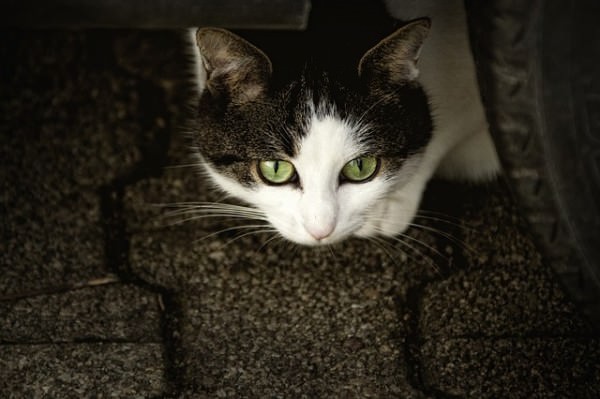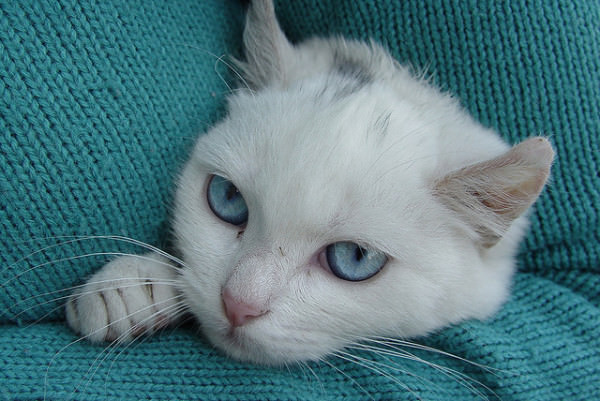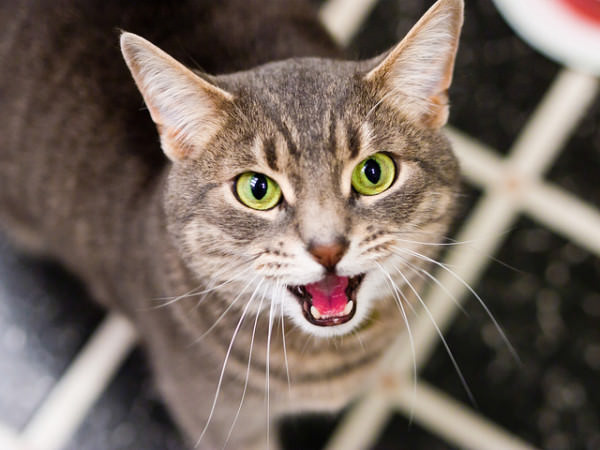While each and every cat is different, some cats are noted to be a bit more neurotic or naturally nervous than others. If you happen to notice any sudden, erratic changes in behavior for your once happy and social cat, anxiety could very well be the underlying issue. Here are 5 ways to tell if your poor kitty is suffering from a case of anxiety:

1. Here Kitty Kitty??
If your cat suddenly seems to retreat when you call them, or is often hiding from you or others in the home, this could definitely be a sign that they are coping with anxiety. Just like a human, when a cat is anxious they will likely choose to retreat away from others to maintain their privacy while they deal with their feelings that are troubling them.
Practice being extra gentle with them and do not force them to come out of their resting place if they don’t want attention at the moment. Cats can suffer from anxiety for a number of reasons, and changes in their home environment that aren’t adequately introduced is definitely one reason this condition can develop.
 Source: Ângela Antunes via Flickr
Source: Ângela Antunes via Flickr
2. Suddenly Your Sweet Cat is No More
Your once super sweet and well-mannered cat may start to become destructive or misbehave as a means to deal with their anxiety. Cats can’t tell us exactly what it is that’s troubling them, so it’s good to address the issue up front so that it doesn’t escalate quickly. A well-behaved pet wouldn’t go repeatedly berserk on you without a solid motive, so try to discover the root of the problem and fix it for them. Boredom can result in anxiety for a cat that needs attention, and taking out their frustrations on you belongings is one way they can express their discontent to you.
 Source: Byron Chin via Flickr
Source: Byron Chin via Flickr
3. Your Once Quiet Cat is Excessively Vocal
Remember, when your cat exhibits unusual behavior, it’s not acting out. It’s their way of asking for help. By giving them the time, attention, and care they need, you can help them get back to feeling like themselves again.

